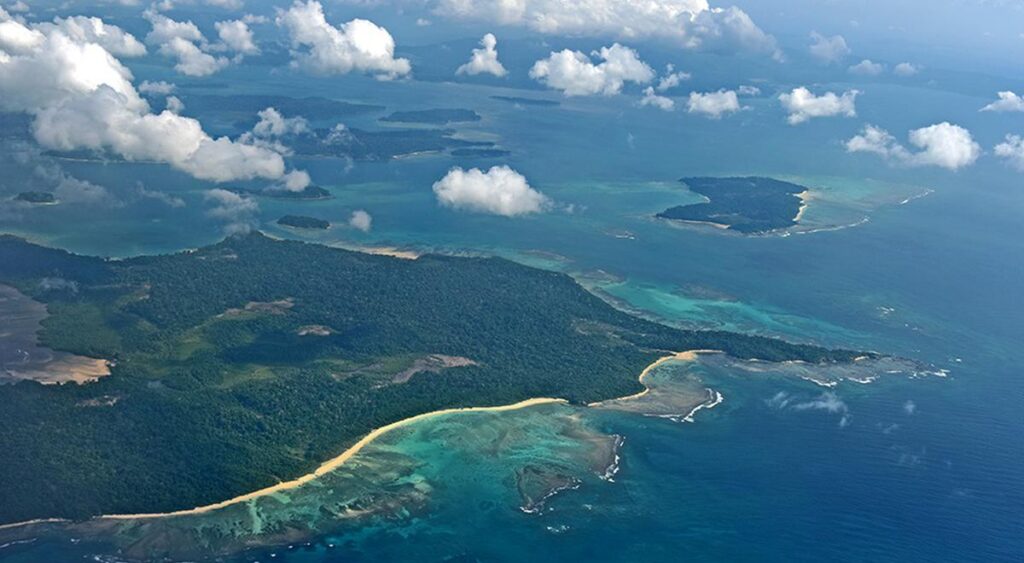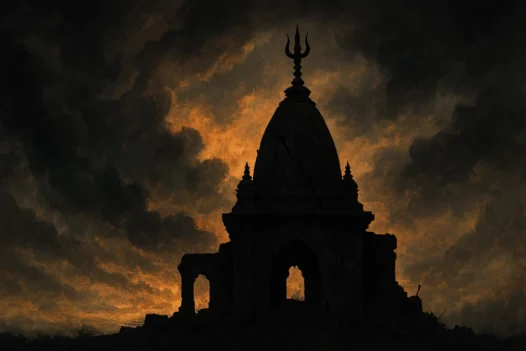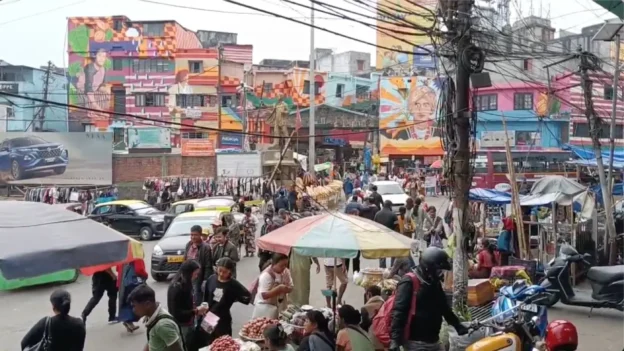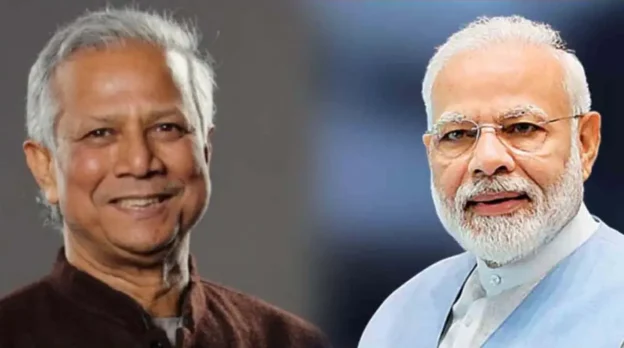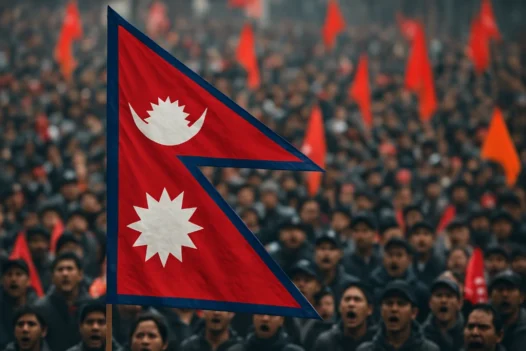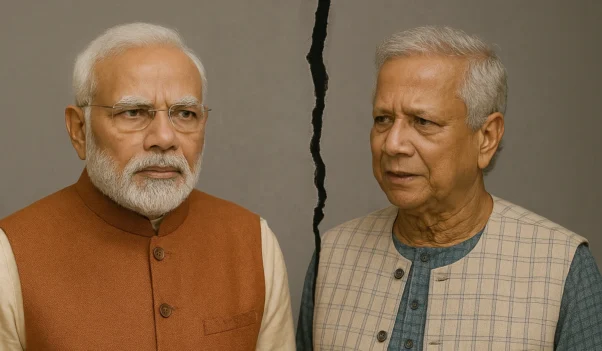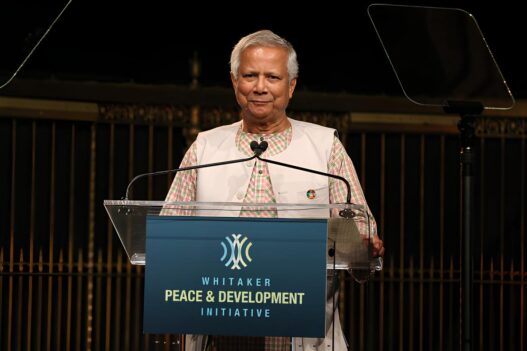Just before the general elections 2024 in India, a group of experts wrote an open letter to the Union government in New Delhi demanding the scrapping of the Nicobar development project in the Bay of Bengal. Otherwise, the experts argued, the uncontacted Shompen tribe will be wiped out. They asserted that the wish of those indigenous people (to be left alone) should be respected. The letter alleged that if the development project is not scrapped, both the local authority and New Delhi will be liable for the irreversible damage to those tribal families in the Indian archipelago near Myanmar.
The letter, endorsed by Vishvajit Pandya (former director of Andaman & Nicobar Tribal Research Institute), TN Pandit (former director of Anthropological Survey of India), Nicholas Barla (Adivasi Samanway Manch Bharat), Ashish Kothari (Kalpavrish), Madhumita Mazumdar, Manish Chandi, Ajay Saini, Anstice Justin, Virginius Xaxa, Ruby Hembrom, Purnima Upadhyay and Mukul Sharma, strongly urged the National Commission for Scheduled Tribes and Union Tribal Affairs Ministry to intervene immediately over the sensitive matter and put a halt to the project before it’s too late.
Months back, when President Droupadi Murmu visited the Andaman islands triggered a debate on the development initiatives there. Expressing serious concerns over the development programs in some parts of the islands, a group of international genocide experts wrote to New Delhi with a warning that its plans to turn the island into a mega-port city will wipe out the entre tribe. They argued that around 300 Shompen hunter-gatherers, two-thirds of them uncontacted until today, will face extinction if the development plans go ahead.
Shompen people are one of the most isolated tribes on Earth, and they live in the dense rainforests that occupy the islands’ interior. Should the project for a mega-port, a new city, an international airport, a power station, a defence base, an industrial park and helping 650,000 new settlers go ahead with original plans, it will be a death sentence for the Shompen, asserted the experts, adding that simple contact with the Shompen (who have little to no immunity to infectious diseases) may result in a precipitous population collapse.
Survival International, a London-based tribal rights body, has been calling for the project to be abandoned to ensure the Shompen’s ownership rights over their ancestral lands. Its director, Caroline Pearce, asserted that under international laws, no government (or company) should proceed with interventional activities without the indigenous people’s consent in their territories. She also revealed that over 7,000 people, arguing that the Shompen people had no idea of the ongoing activities, communicated with New Delhi with their demand to stop the genocide.
The group of over 830 large & small hilly islands (with only 31 inhabited) shares maritime borders with Indonesia, Myanmar (Burma) and Thailand and occupies a total land area of around 8,249 square kilometres with a population of 3.81 Lakhs. Andaman islands in the northern part are primarily home to four tribes: Great Andamanese, Onge, Jarawa and Sentinelese. These tribes are believed to have migrated from the African islands thousands of years ago, and most of them survive by hunting wild animals and natural agri-produces. The Sentinelese are the most isolated and reject all contact with outsiders.
On the other hand, the Nicobar Islands in the southern part shelter two tribes, namely Nicobarese and Shompen, who might have arrived on the islands several thousand years ago from the Malay-Burma coast. Nicobarese (around one thousand) maintain contact with outsiders and are now converted to Christianity. However, the Shompen are still a relatively isolated tribe surviving by hunting local wildlife and harvesting plants. Many believe they can survive and thrive if their lands and resources are secure.
Union minister Sarbananda Sonowal also visited the islands recently and admitted that some stakeholders raised environmental concerns. However, he pointed out that those were already addressed. Inspecting the proposed mega port at Atlanta Bay, Sonowal informed that it’s hardly 565 km from Yangon, 765 km from Sittwe, 1000 km from Chittagong and 1100 km from Kolkata. Once the harbour is fully operational, it will drastically reduce the ship travel time to Kolkata from 72 to 15 hours, commented Sonowal.
“This is the second time in a matter of months that a group of experts has demanded that the Great Nicobar Island Development Project be scrapped. Anyone with any knowledge of the Shompen and other uncontacted tribes knows that this project would completely destroy them – they simply won’t survive the catastrophic transformation of their island that the Indian government is planning,” said Caroline Pearce adding that no national development project can justify a genocide and hence the tribal rights body urged New Delhi to alter the plans before it is too late.

